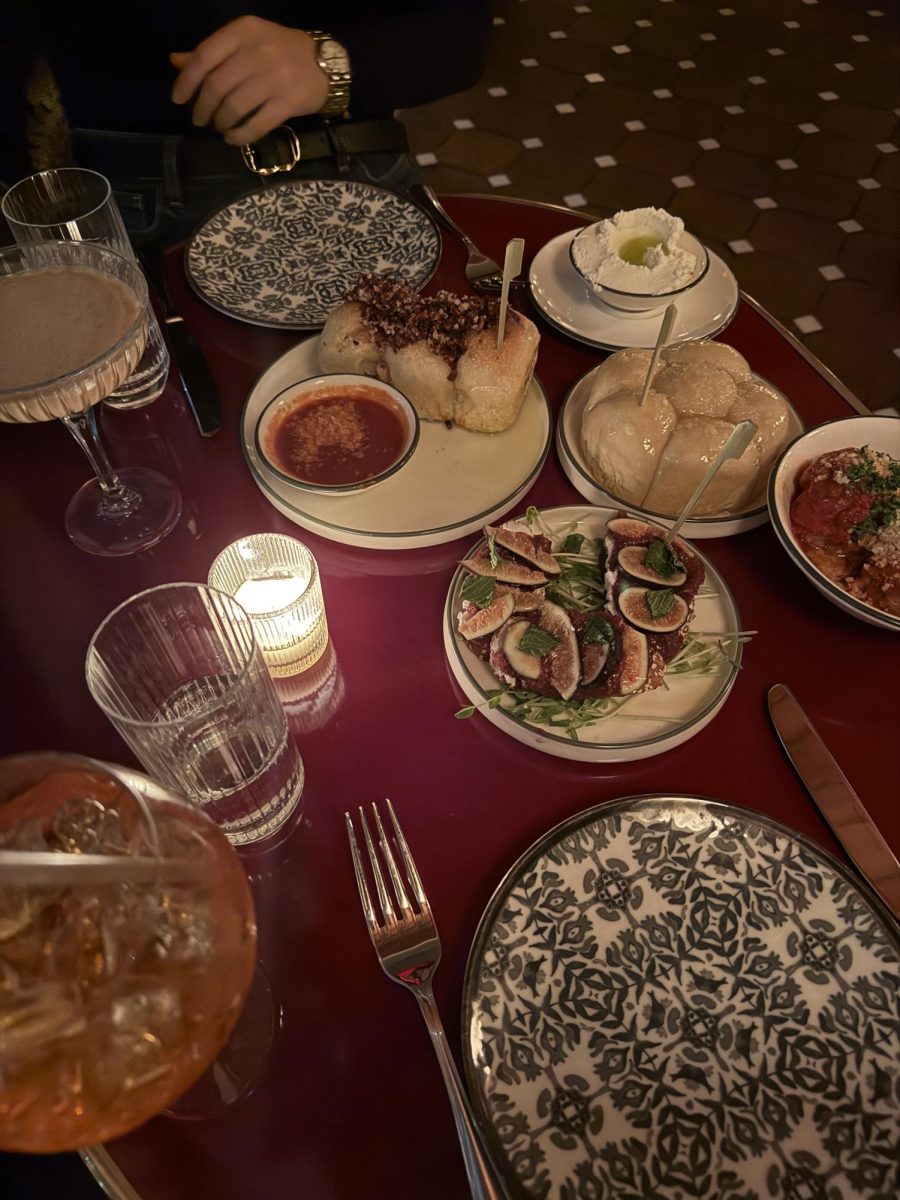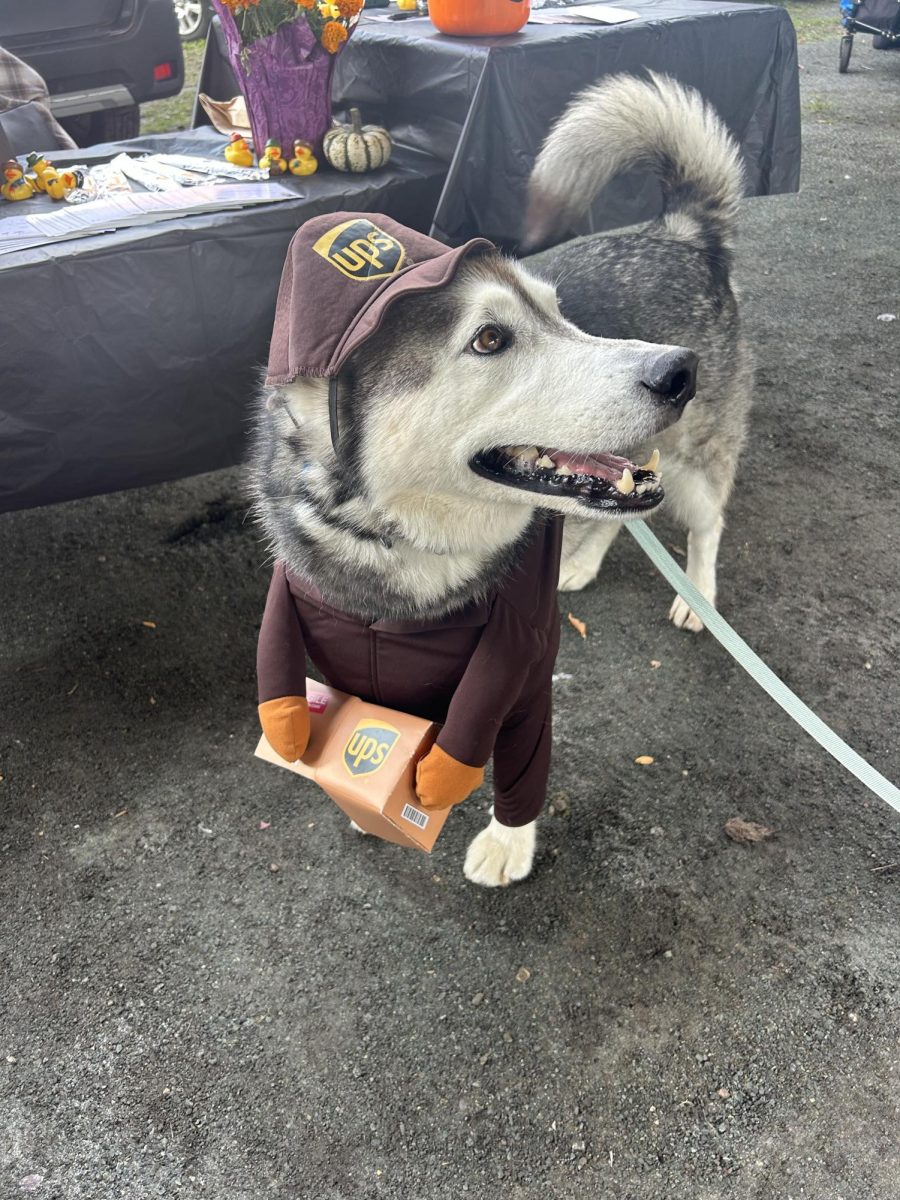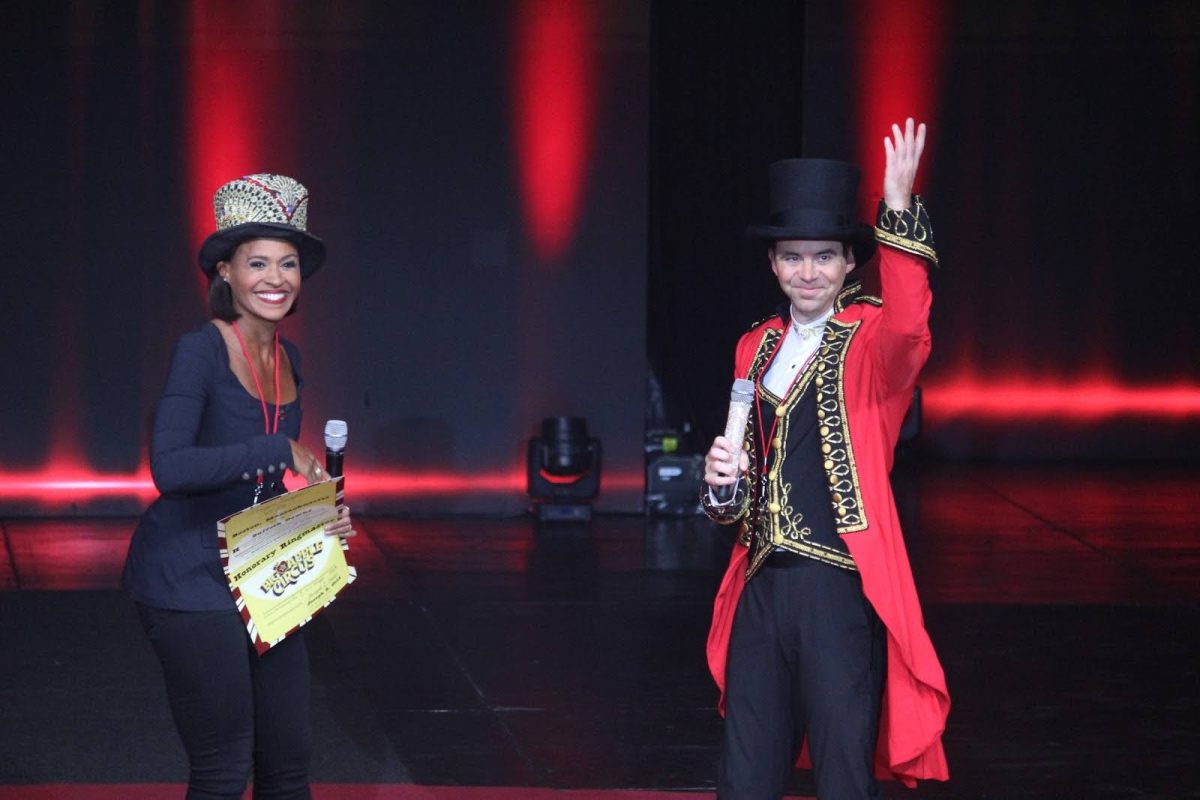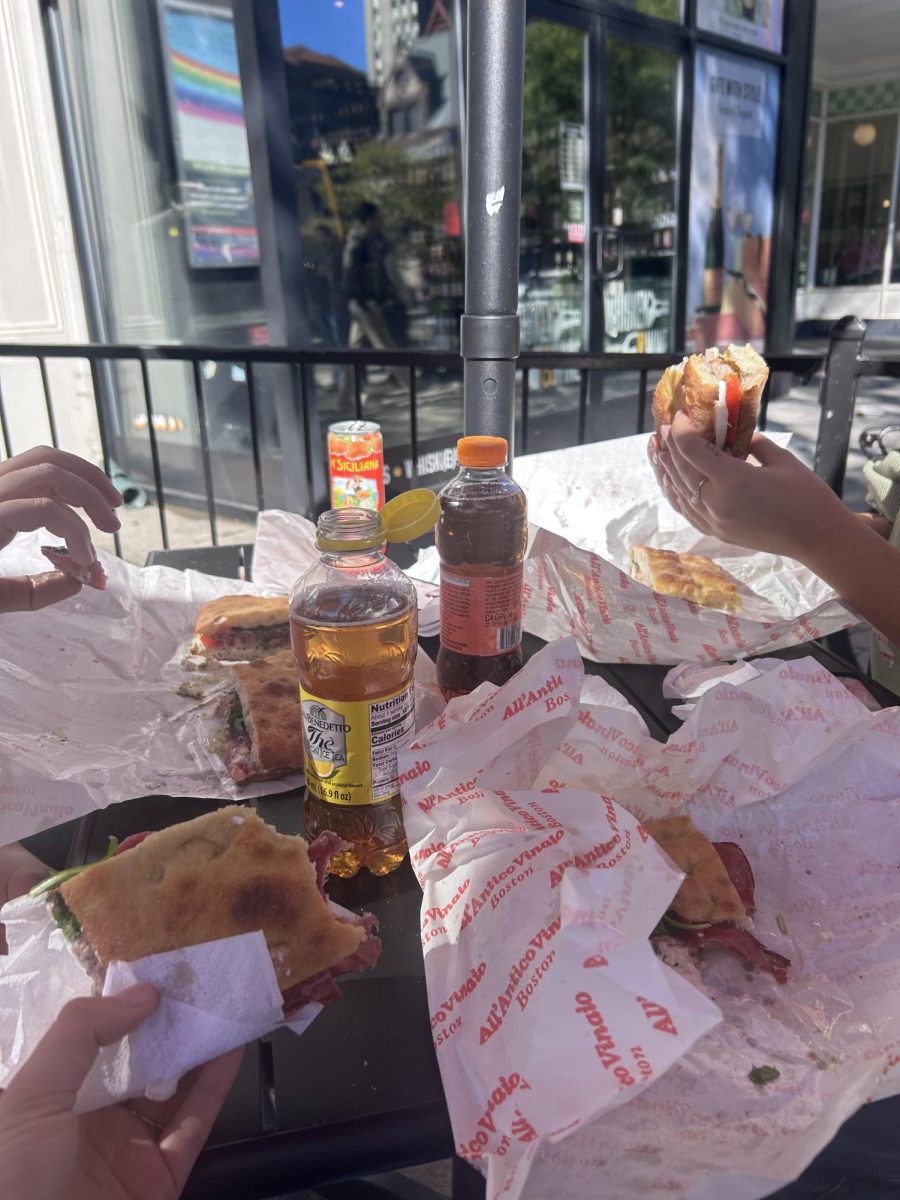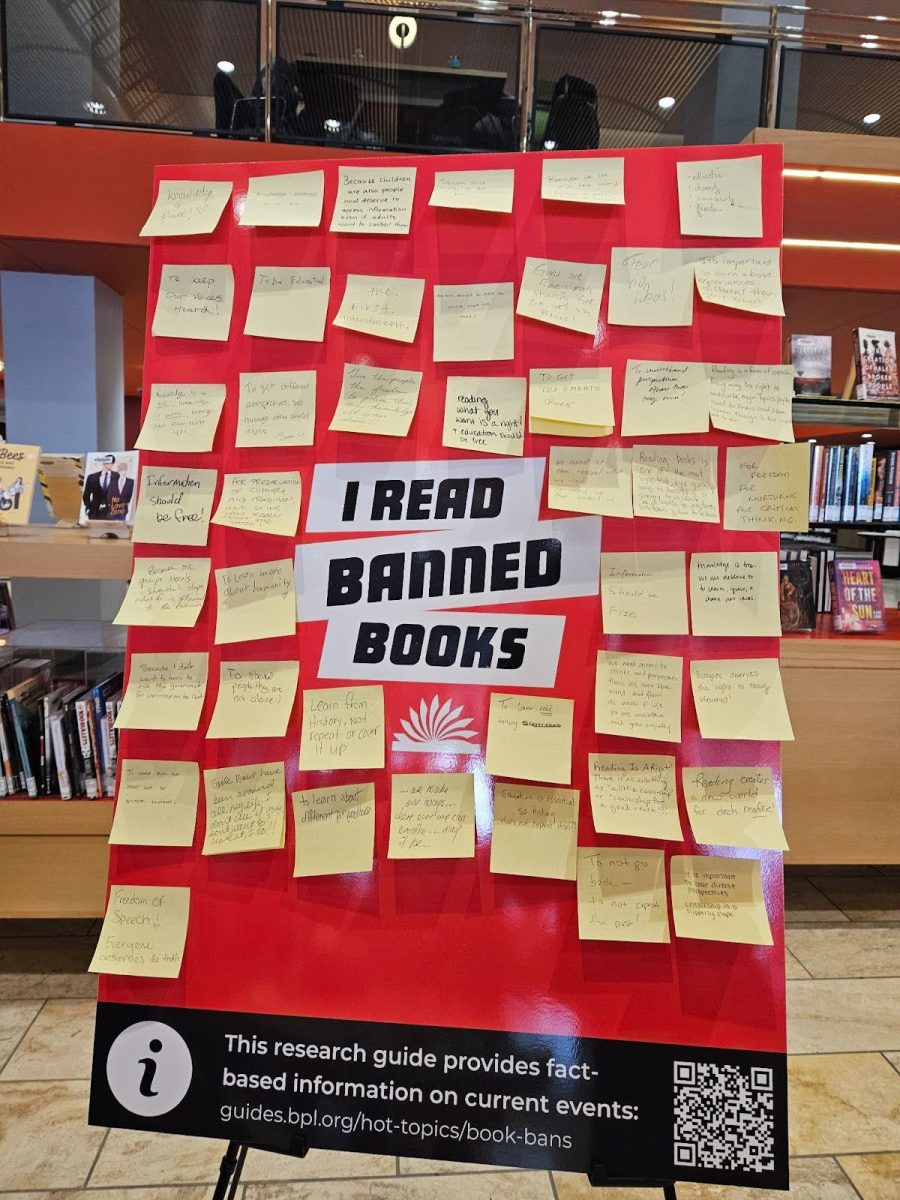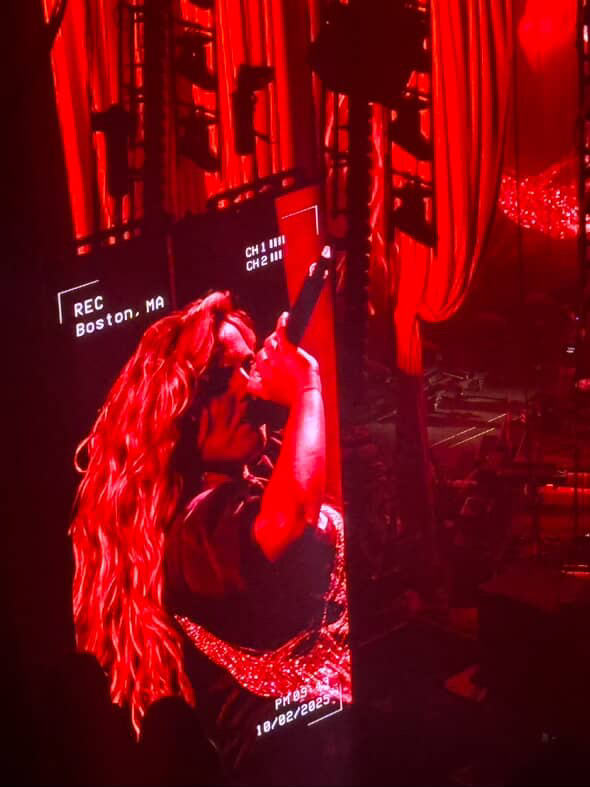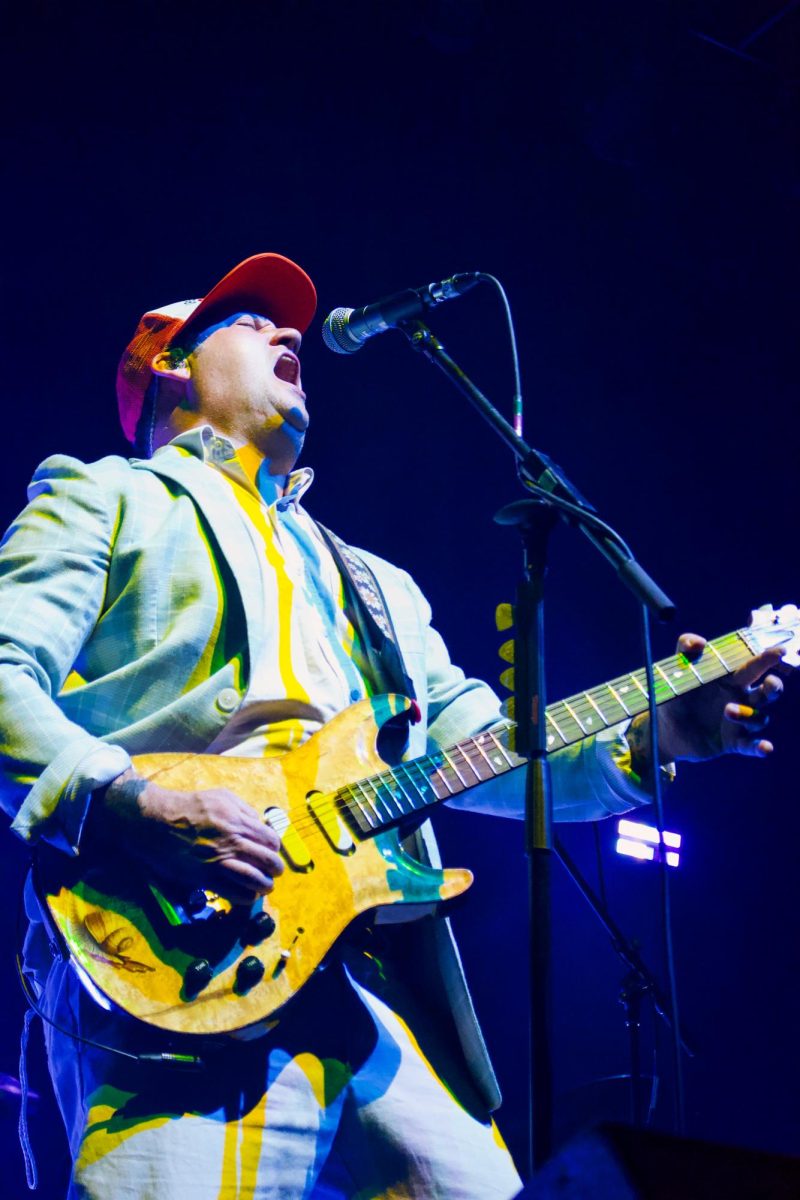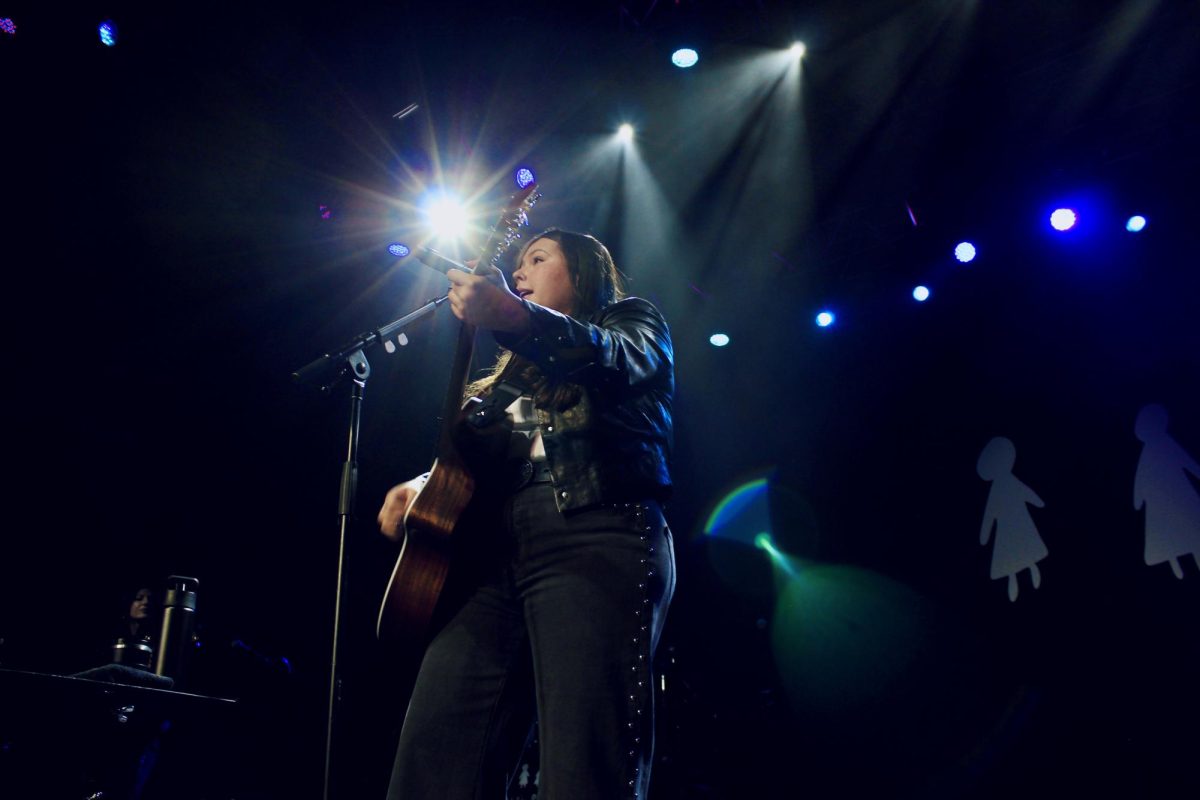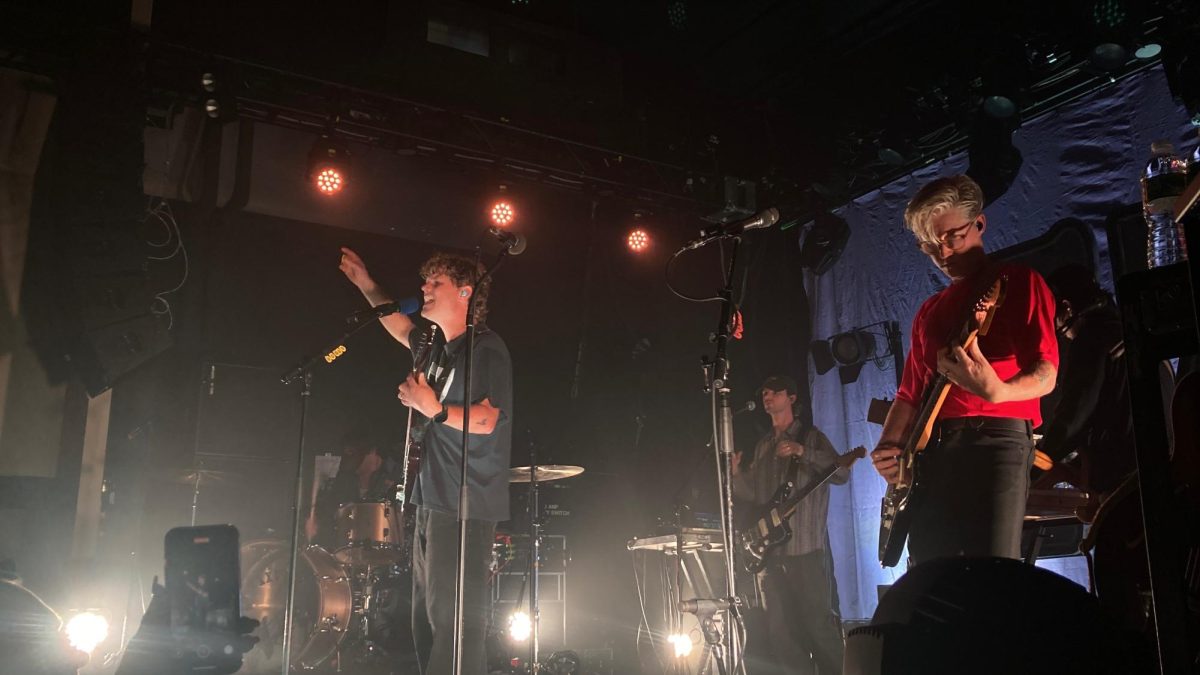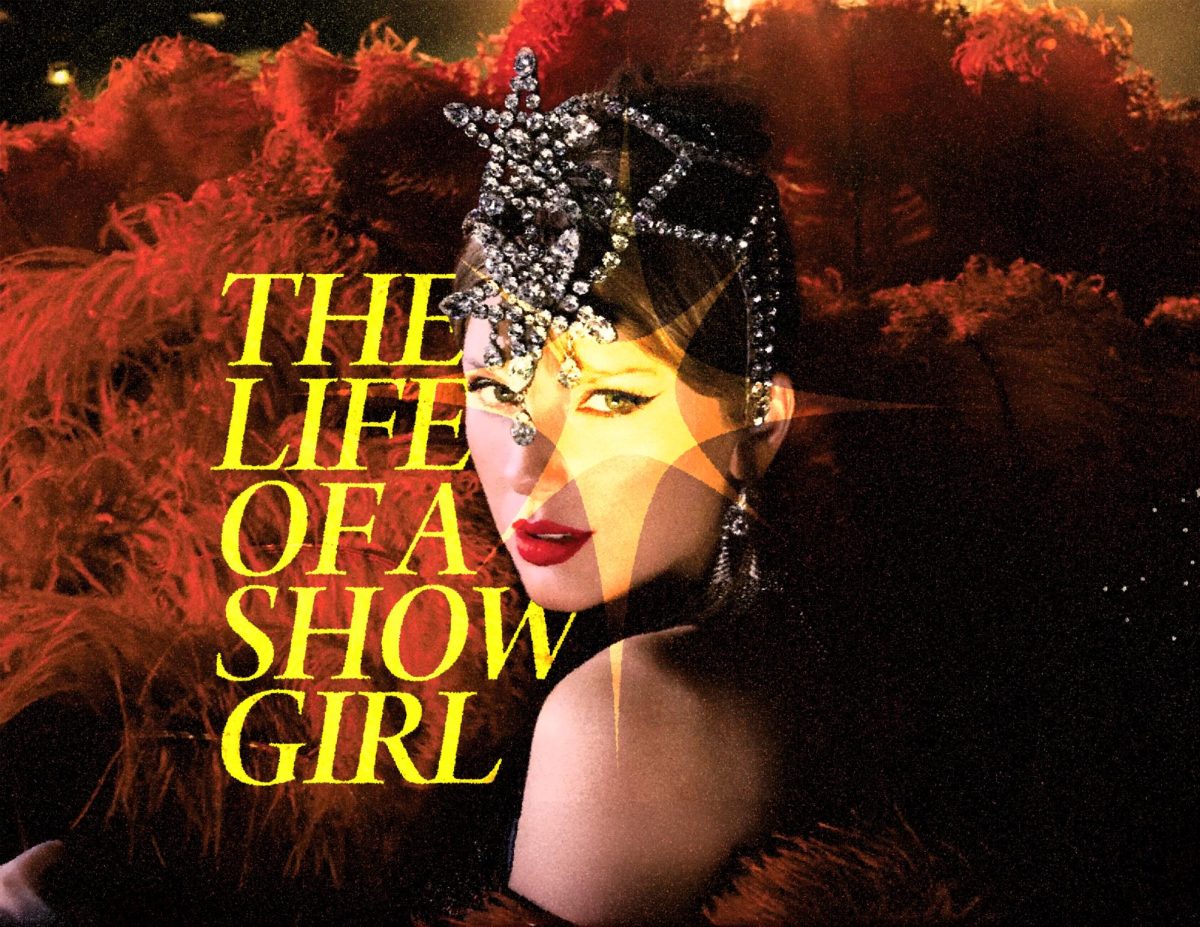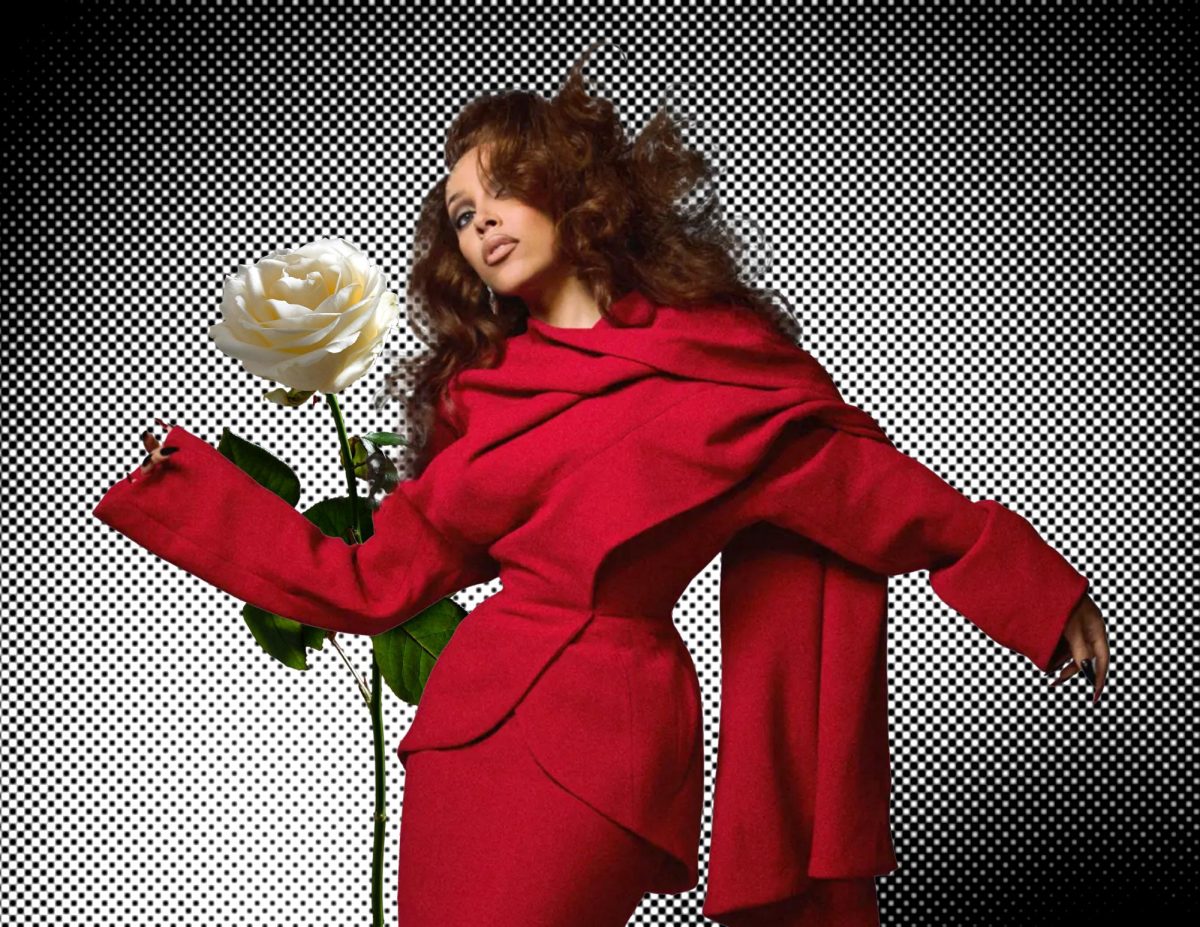Article By: Derek Anderson
Horror-Rap, also known as Horrorcore or Acid-Rap, has been a recent installment in the musical entertainment world that most don’t understand. Starting in the early 90s, Horror-Rap has been an “underground” genre of music that expresses extreme violence and crime through their lyrics. The general public seems to ask: “Is this okay? Should this be censored?”
Unfortunately, the genre, as ridiculous and graphic as it is, qualifies as music and a form of speech, which is protected by the first amendment. It should not be censored in any way whatsoever. If this music is censored, what’s to stop the next genre that pushes the boundaries from getting censored too? It could be a devastating snowball effect in the music industry and should not be considered. Don’t get me wrong though, I do find the music uneducated, incredibly trashy and absolutely unnecessary. It is a genre and an audience that I just don’t understand.
The audience for Horrorcore is branching out to younger kids, which is quite a scary concept. The exposure of younger listeners to this specific music is what has people worried. Bands such as Insane Clown Posse (ICP), Twiztid, and KidCrusher are a heavy part of the Horror-Rap genre, promoting brutal murder and crime. “Our goal isn’t to make the world a better place. I don’t give a damn about the world,” said Violent J, rapper in ICP, while in an interview on Bill O’Reilly.
It is this general feeling that the genre seems to cover well. Bands like ICP have been found hating on record companies and the idea of main stream music, taking the “screw the establishment” motto of punk and old school hip-hop.
“All those record labels are the devil themselves,” said other ICP member Shaggy 2 Dope in the same O’Reilly interview. “So it doesn’t matter if they hate us or not, as long as we’re making them money.”
The idea of this music is not to be liked by the majority of main stream music listeners.
A good friend of mine, Charlie Veto, an Emerson senior and film major, is an avid music listener and has heard his share of Horrorcore music.
“[Horror-Rap is] bad rap songs lyrically drawing from slasher films and have created one of the most disturbing cults in the history of entertainment,” said Veto. “It seems its mainly white trash that listens to them.”
Veto’s opinion seems to capture my thoughts on the music exactly. Most of the crowds at Horrorcore concerts are trashy and disturbed, as stereotypical as it sounds. The messages sent through the lyrics of Horror-Rap are what really create its trashy and pointless feel. There are no positive messages sent through the genre’s lyrics, that I know of, which leads me to question why the lyrics are even written in the first place.
It is this complaint about the message in Horror-Rap music that gets to people the most. The messages in the genre could actually be affecting people’s actions in today’s society. In September, a Horror-Rapper named Richard “Sam” McCroskey, also known as “Syko Sam” was convicted, through his music, of killing a Virginian pastor and his entire family. His lyrics that expressed how much he enjoyed the acts of killing were said to be a giveaway to his crimes.
“You’re not the first, just to let you know/ I’ve killed many people and I kill them real slow/ It’s the best feeling, watching their last breath/ Stabbing and stabbing till there’s nothing left,” McCroskey sings in one of his rap tracks, “My Dark Side.”
Even though the draw to this music seems to puzzle many, the evidence of a huge following of Horror-Rap is there. Juggalos and Juggalettes are the titles that heavy followers of ICP are given. Painted clown faces are also a dead giveaway that a listener is a fan. With magazines like Fangoria promoting these bands and groups, the fan base is there and steadily growing.
Censorship is definitely out of the question, considering the right to free speech. As negative as the lyrics, messages and views are, Horror-Rap will continue to exist along with other odd genres of music in the underground scene. Hopefully this genre will stay far underground, away from the rest of the listening world.


